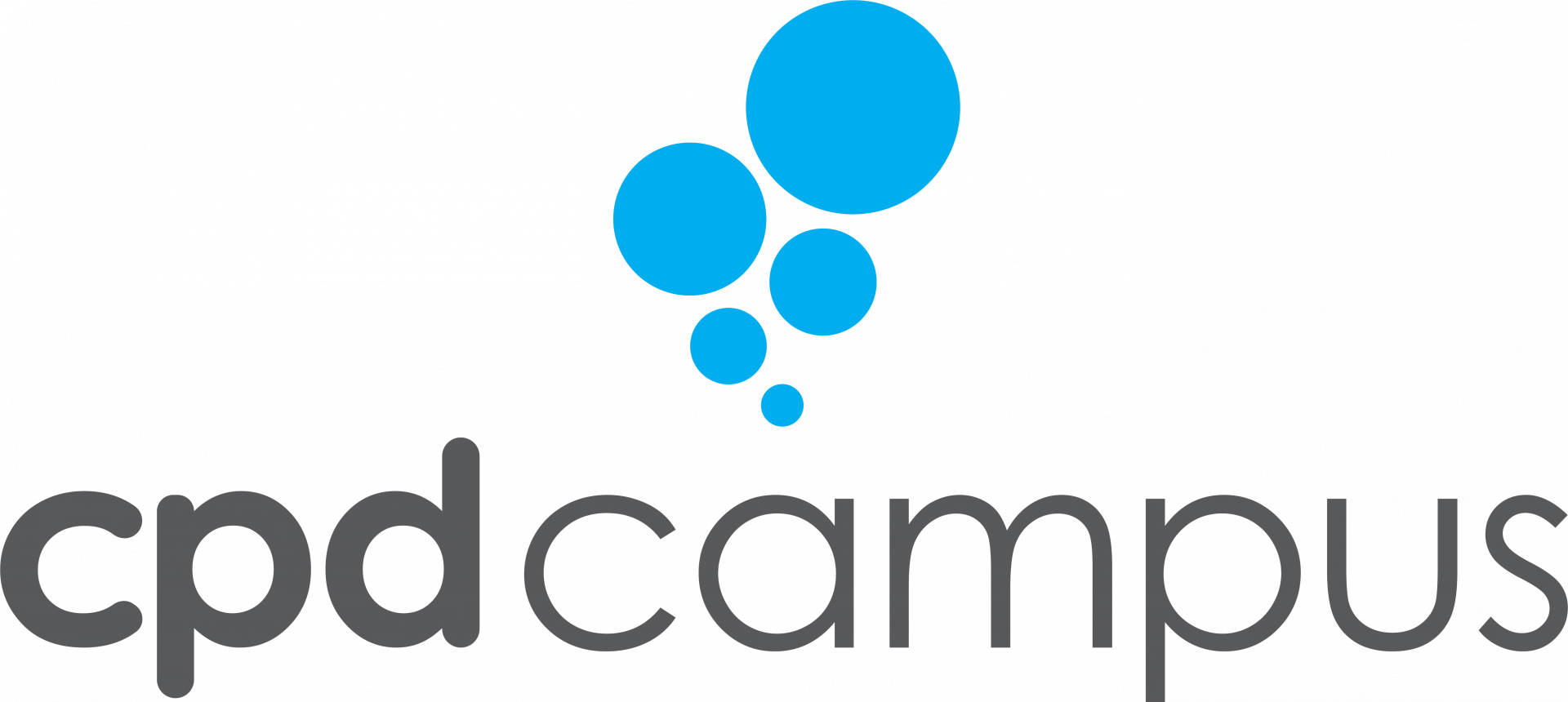A detailed discussion of the principles of
IFRS 11 Joint Arrangements
-
Presenter: Anton van Wyk CA(SA)
-
Level: Advanced
-
Study time: 2 hours 30 minutes
Are joint ventures proportionately consolidated or equity accounted in terms of the latest pronouncements? IFRS 11 Joint Arrangements, which superseded IAS 31 Interests in Joint Ventures, is a very interesting financial reporting standard that provides the latest accounting recognition, measurement, presentation, and disclosure requirements relating to joint arrangements. Joint arrangements can be classified between joint ventures and joint operations, each being accounted for differently. In this short course presented by Anton van Wyk CA(SA), the first section is allocated to a brief revision of the determination of “control”, as per the requirements of IFRS 10 Consolidated Annual Financial Statements¸ as control forms a vital ingredient to the concept of “joint control” as defined in IFRS 11. The classification of the joint arrangement is thus considered in detail, with a consequential focus on the accounting recognition and measurement of joint operations and joint arrangements in terms of the requirements of IFRS 11. An interesting on-demand short course to bring you up to speed on the topic of joint arrangements.
By completing this learning activity with CPD Campus, you will be developing the following key competencies and skills:
Main competency grouping: Professional values and attitudes
Sub-competency grouping: Lifelong learning
Specific competency: Inquisitiveness
Main competency grouping: Enabling and future competencies
Sub-competency grouping: Business acumen
Specific competency: Business internal environment
Sub-competency grouping: Decision-making acumen
Specific competency: Critical thinking
Specific competency: Judgement
Specific competency: Problem-solving
Main competency grouping: Technical competencies
Sub-competency grouping: Stewardship of capitals: Business process and risk management
Specific competency: New developments and protocols knowledge
Specific competency: Reporting fundamentals
Sub-competency grouping: Decision-making to increase, decrease or transform capitals
Specific competency: Drawing conclusions
Sub-competency grouping: Reporting on value creation
Specific competency: Providing advice
What's included?
-
1 On-demand short course
-
Slides
-
1 Certificate

